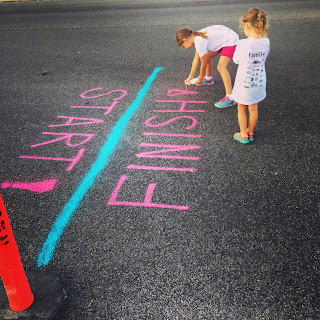Having had a background in youth and community work within a local authority, the question contained in the title of this blog is one close to my heart.
I first learned about the project back in May 2019, when I attended an AskFuse brokering event for the Public Health Practice Evaluation Scheme (PHPES) of the NIHR School for Public Health Research. At this event Anna Christie, the Public Health Knowledge and Intelligence Lead for South Tyneside Council, presented on the BSIL Alliance, focussing on three initiatives: Locality Hubs; Mental Health Champions; and Young Health Ambassadors.
This was the beginning of a partnership between Fuse researchers and South Tyneside Council, and after successfully being shortlisted and then submitting a full-length application, in October 2019 we were delighted to learn that our proposal had been accepted – out of 91 registrations of interest for the 2019 PHPES funding call, ours was one of only 10 proposals that were successfully funded!
Best-laid plans
By the time the project started in April 2020, we were living in very different times to when we planned the evaluation, due to the Covid-19 pandemic.
We had hoped as researchers to be embedded within South Tyneside Council; this was not possible.
We had planned to include the Locality Hubs within our evaluation; these were not able to be launched.
Routine data we had planned to include in a cost consequence analysis (a form of economic evaluation where separate costs and a range of outcomes are presented to allow readers to form their own opinion on the relevance and relative importance of interventions) were either not collected or were severely impacted.
Moving from Plan A, to Plan B, to Plan C is commonplace in research, however, throw a global pandemic into the mix and you can find yourself quickly wheeling through all the letters of the alphabet whilst trying to stick to the original plan for your research! Despite the hurdles we had to overcome – the dedication and commitment from our colleagues at South Tyneside Council, and the Fuse team endured, and we were all determined to deliver on the project.
 |
| Insightful discussions at the Fuse Research Event in South Tyneside |
Supporting young people’s mental health
Our findings showed that the successful implementation of Alliances in public health and social care related services within Local Government is dependent upon achieving a system level approach, whereby thinking, methods, and practice are applied to better understand public health challenges and identify collective actions across services. Placing local people at the heart of the system, and creating a cultural shift is also key to a successful Alliancing approach. Mental Health Champions and Young Health Ambassadors were found to influence system change by generating mental health awareness and facilitating more inclusive and supportive environments for children and young people.
As well as sharing findings from the evaluation, we wanted this in-person event to be interactive and collaborative, and asked those who attended to think about the similarities and differences between the Mental Health Champion and Young Health Ambassador initiatives. I thought it was really interesting that people recognised that these initiatives share a similar ethos, with commonality of goals and outcomes – to support young people’s mental health, in both proactive and reactive ways. Attendees felt it was important that both approaches are organic, with ideas emerging ‘from the bottom-up’. Volunteers can utilise the Alliance in a productive way, by accessing training and events, and securing buy-in from senior stakeholders, with support from Chrissy, the facilitator of both initiatives. I was so grateful for all the meaningful and insightful contributions provided, which are proving to be very useful in guiding the write-up of our findings – ensuring that they are as relevant to practice as possible.
We are very thankful to our colleagues at South Tyneside Council for collaborating with us on this project (despite the barriers we faced along the way!) – and we really hope that the findings from this work will help shape their future policies and practices. Personally, this evaluation provided me with an opportunity to learn more about current local initiatives, engage with passionate practitioners and young people, and build some really fantastic relationships with colleagues at South Tyneside Council. I thought that the event was a wonderful way to bring people together from across the region, to share our findings, and to draw the project to the close. A big thanks to the Fuse team for making it happen!
Find out more:
Paper: A realist approach to understanding alliancing within Local Government public health and social care service provision (In Press)
NIHR SPHR: South Tyneside Best Start in Life Alliance / Public Health Practice Evaluation Scheme (PHPES)


No comments:
Post a Comment